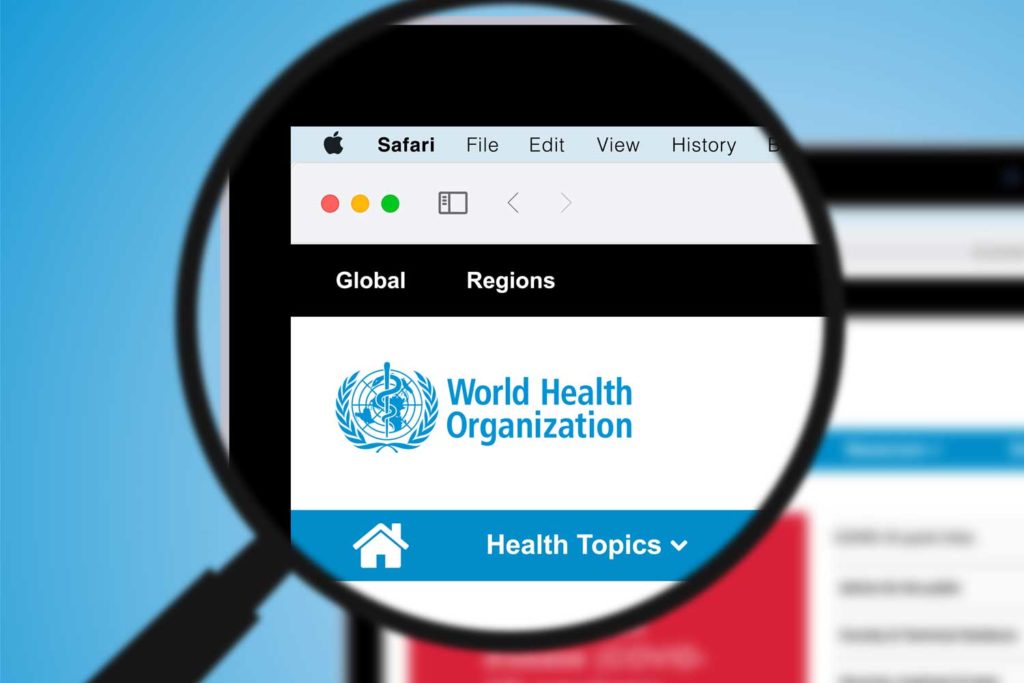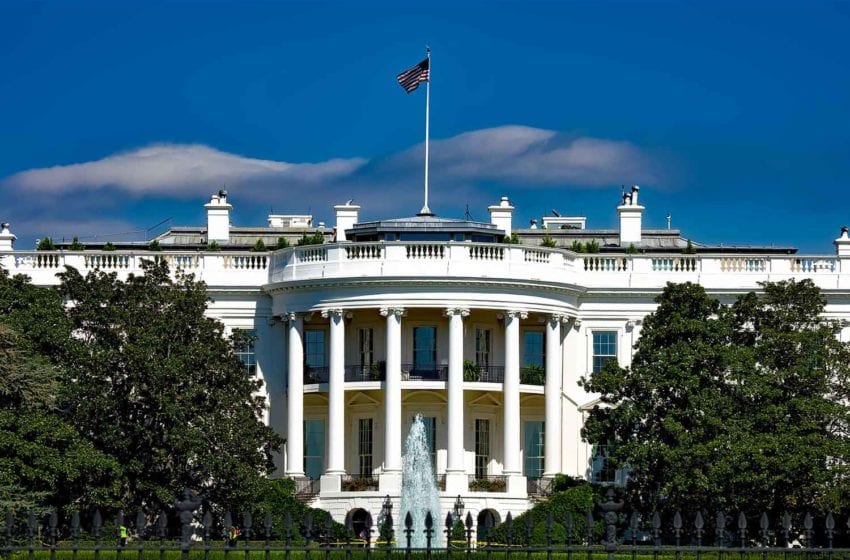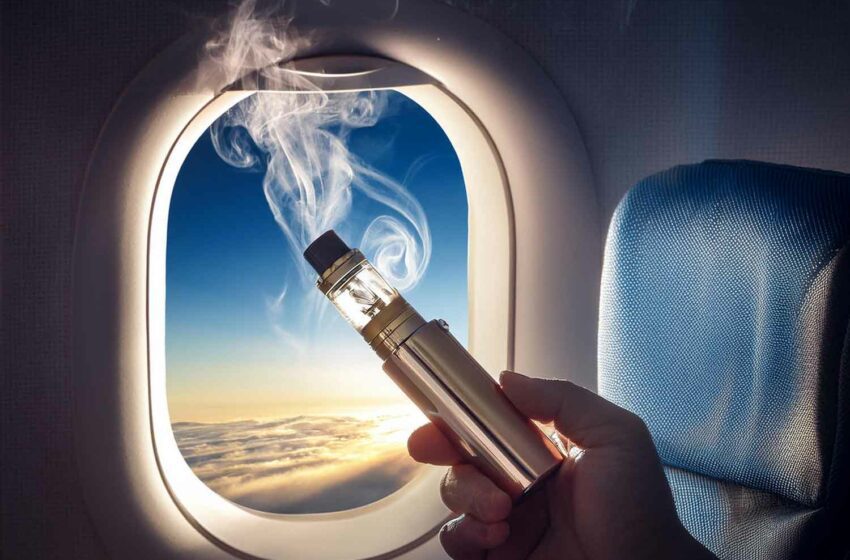
The World Health Organization’s recently published report on the global tobacco “pandemic” discounts the impact of harm reduction and vaping, according to Michael Landl, director of the World Vapers’ Alliance
“While filled with biased anti-vaping scaremongering and unfounded claims, the report’s overall direction is perplexing. Instead of prioritizing the crucial goal of reducing smoking rates, the WHO is directing its focus on vaping, which happens to be the most potent smoking cessation tool available.”
In the report’s foreword, Director-General Tedros Adhanom Ghebreyesus asserts that vaping would undermine anti-smoking efforts, claiming that e-cigarettes are harmful to both the people using them and those around them.
“Regrettably, the WHO appears to ignore reality and scientific evidence,” said Landl in a statement. “Countries that adopt an open and consumer-friendly approach to harm reduction products achieve significantly better results than those following WHO’s misguided path. Comparative data from Sweden and the United Kingdom demonstrate their remarkable success in reducing smoking rates, surpassing countries with a negative harm reduction approach by a wide margin.”
The WHO report also claims a gateway effect from vaping to smoking and alleges that vaping flavors target children. It further highlights that 121 countries have adopted vaping regulations, with 34 completely banning vape sales.
“The outdated and debunked theories propagated by the WHO report pose risks to public health,” said Landl. “The notion of a gateway effect from vaping to smoking lacks evidence. Furthermore, flavors are essential for adults as they play a crucial role in helping millions of smokers transition to vaping. Additionally, celebrating countries which ban a way less harmful alternative for smokers is absurd.”
According to a review of 15 studies, “a true gateway effect in youths has not yet been demonstrated,” according to Landl. Factors such as anxiety, parental smoking habits, peer attitudes and household income must be considered, he noted. Another study found that vaping is not a gateway to smoking but rather that negative circumstances in teenagers’ lives lead to risky behaviors. According to the Yale School of Public Health, vaping flavored e-cigarettes is linked to a 230 percent increase in adult smoking cessation, and a flavor ban, as suggested by the WHO, could drive five out of 10 vapers back to smoking or the black market.
“The lack of empathy for smokers and vapers, coupled with the outright denial of scientific findings, will have severe consequences for many lives,” said Landl. “The WHO seems to have lost sight of its ultimate goal – reducing smoking rates. While we all agree that teenagers should not smoke or vape, the report notes that only 45 percent of countries ban e-cigarette sales to minors, and 10 percent of countries impose no age restrictions on cigarette purchases. Why not address these real-life challenges? The WHO systematically disregards an abundance of scientific evidence supporting the benefits of vaping, not to mention the experiences of millions of vapers. Vaping is 95 percent less harmful than smoking and a more effective method to quit smoking compared to traditional products like gum and patches. Restricting or banning access to vaping will only lead to unnecessary loss of lives.”












